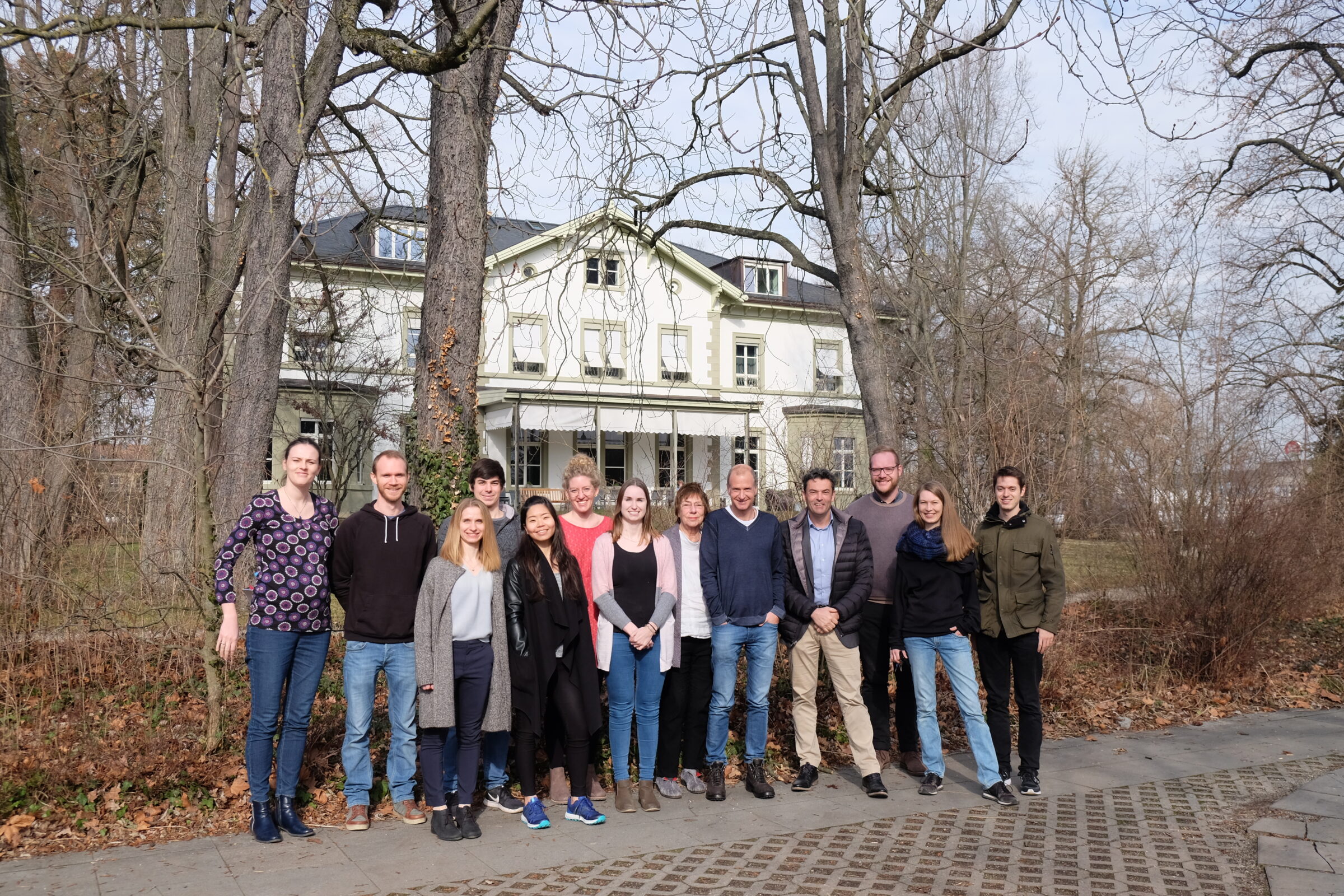- MEMBERSHIP
- EDUCATION & EVENTS
- PUBLICATIONS
- SCIENCE & RESEARCH
Science & Research Offers
Previous slideNext slide - ABOUT US
About ESRS
Organisations
Media and Press
Centre for Chronobiology - University of Basel

Centre for Chronobiology
CURRENT ANNOUNCEMENTS:
Investigative work in our research group focuses on circadian and homeostatic regulation of human sleep, alertness, cognitive performance, mood, memory consolidation and thermoregulation, and applying that knowledge to ageing as well as to sleep and psychiatric disorders. It is our goal to translate our research results into clinical aspects in the field of sleep medicine, psychiatry and occupational health medicine.
Current research interests include:
■Non-visual/non-image forming effects of light on circadian physiology, sleep and cognition
■Cerebral mechanisms underlying the influence of age-related changes in circadian and homeostatic processes on cognition: a functional neuroimaging approach
■Impact of cataract surgery and intra-ocular lens replacement on endocrine and molecular circadian rhythms, sleep and cognitive function in older adults
■Acute and short-term effects of road, railway and aircraft noise exposure on annoyance, sleep disturbances and cardiometabolic risk
■Circadian rhythms and sleep regulation in psychiatric disorders
■Chronotherapy (e.g. light treatment) in psychiatric disorders
The Centre for Chronobiology in Basel, Switzerland has facilities and equipment to conduct both ambulatory field and laboratory studies. It has five fully equipped suites to carry out constant routine protocols for intensive physiological monitoring. For nearly twenty years we have utilized the constant routine protocol (with different variations) in order to be able to unmask the endogenous circadian component of various thermoregulatory, neuroendocrine, EEG, performance and behavioral rhythms controlled by the circadian pacemaker.
Equipment:
■Fully digitized recorders for polysomnography (each: 28 channel-EEG, respiration, ECG, galvanic skin response, EMG, EOG, markers for evoked potentials etc.)
■Fully digitized recorders for body temperatures (different skin temperatures and core body temperature)
■Different analysis software for EEG spectral analysis and the analysis of autonomous parameters (i.e. heart rate variability, temperatures etc.)
■Ibuttons to record skin temperatures in an ambulatory setting
■Actimetry devices to record wrist activity/light exposure
■CANTAB neurocognitive test battery and other neurobehavioral test batteries
■Monochromatic light devices
■Bright light devices for therapeutic use
■Assays for melatonin and cortisol measures
■Cell based assays to correlate human circadian behavior with clock function
COLLABORATIONS:


